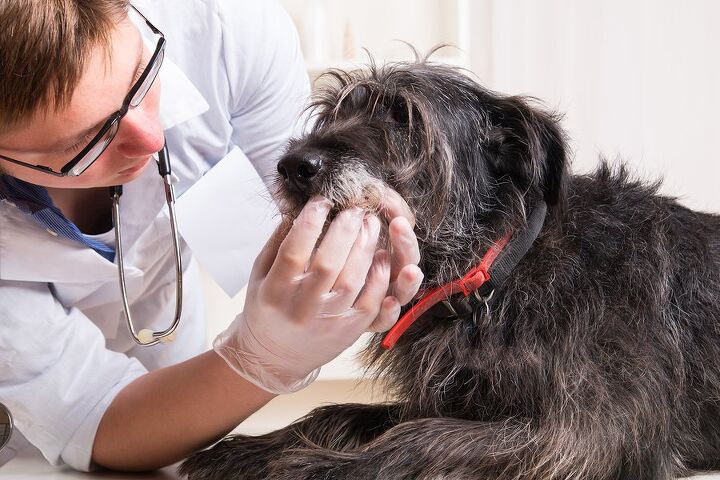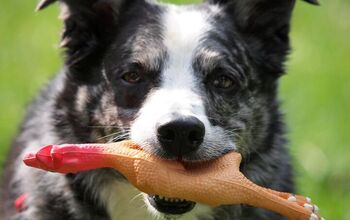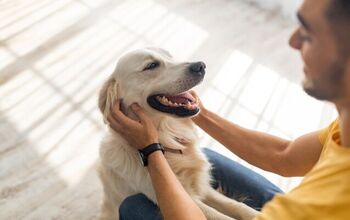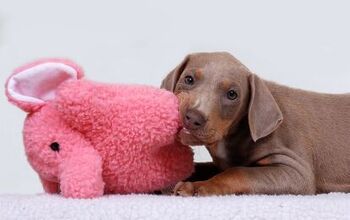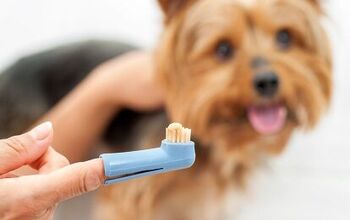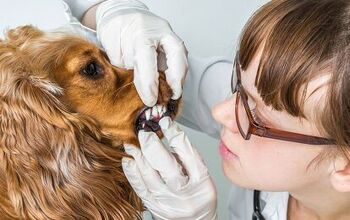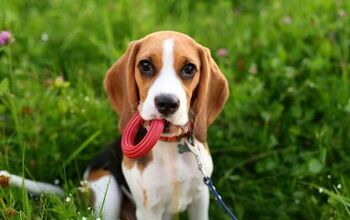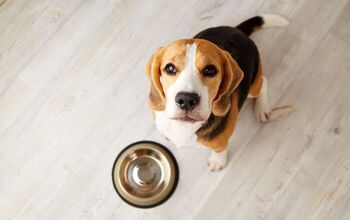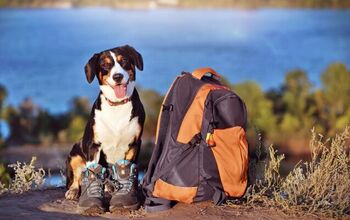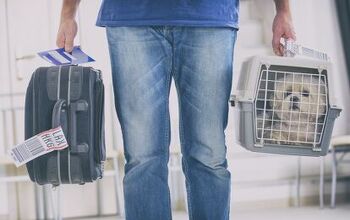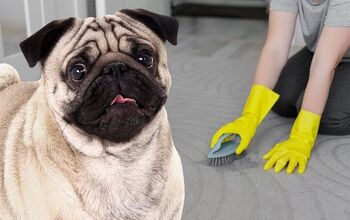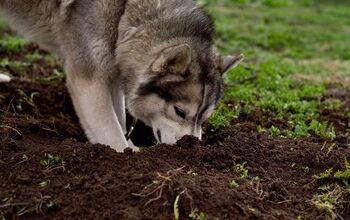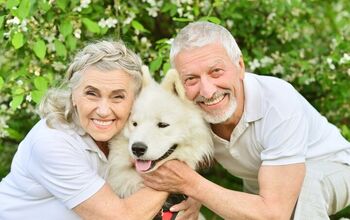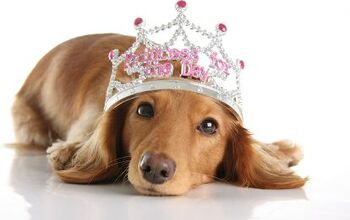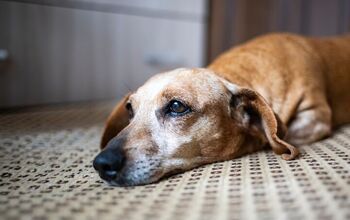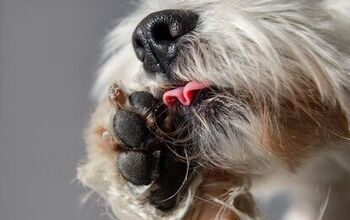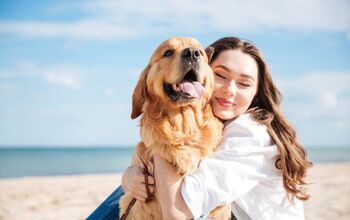What to Expect With a Veterinary Teeth Cleaning

A whopping 85 percent of all dogs have some level of periodontal disease by the time they reach three years old. Periodontal disease does more than just give your dog discolored teeth and bad breath – it can also cause him a lot of pain and may even result in the loss of teeth. If your dog won’t let you near his mouth or the preventive measures aren’t enough, you may need to book a veterinary teeth cleaning. To keep your pet’s teeth and gums healthy you need to schedule regular professional cleanings with your vet.
Why Are Regular Dental Checkups Important?
Most pet parents bring their dog to the vet once or twice a year, as standard routine. During that check-up, your vet will perform a dental check to determine the condition of your pet’s teeth and gums. She’ll be looking for plaque accumulations on the teeth as well as signs of gingivitis, or inflammation in the gums. If your vet tells you that your pet’s teeth need to be cleaned, it’s not something you should take lightly. Untreated periodontal disease can result in dangerous bacteria seeping into the bloodstream through damaged gum tissue where it can then travel to your pet’s heart, liver, and kidneys.
Related: 6 Ways To Keep Your Dog’s Teeth Clean
What Happens During a Cleaning?
Even if you make an effort to brush your pet’s teeth and give him dental treats to help reduce plaque and tartar buildup, you may still need to have his teeth professionally cleaned at some point. In most cases, your vet will recommend a thorough dental cleaning that can only be performed if the pet is put under anesthesia. During the procedure, you can expect the following things:
- Physical removal of plaque and tartar from visible areas
- Removal of plaque and tartar buildup under the gum
- Probing of the pet’s dental sockets to check for signs of periodontal disease
- Polishing of the tooth surface to remove scratches that could harbor bacteria
- Taking dental x-rays to check for problems under the gums
- Applications of dental sealer or fluoride to provide extended protection
- Removal or repair of any infected or damaged teeth
- Inspection of the mouth, tongue, and lips for other problems.
Each case is different, so your veterinarian may perform all or only some of these steps – it depends on the condition of your dog’s teeth and gums. In most cases, your vet will be able to give you a price estimate and an idea of what the procedure will entail before she begins, so you know what to expect.
Related: Talking About Tartar Buildup On Dog’s Teeth
How to Tell if Your Pet Needs a Cleaning
There are a few signs to look for which may indicate the need for a professional veterinary teeth cleaning. Bad breath, or halitosis, is the primary sign that a dental cleaning is needed. You may think that it is normal for dogs to have bad breath… but it is not. Another sign that your pet needs a cleaning is excessive drooling. Signs of discomfort or pain such as pawing at the mouth and difficulty chewing indicate the need for a cleaning as do loose or missing teeth. The only way to know whether your pet needs a dental cleaning is to pay close attention to him. You should be able to tell right away if your pet starts acting differently than normal at which point you should be contacting your veterinarian for an appointment.
Your pet’s dental health is incredibly important and sometimes a healthy diet and dental treats won’t be able to do the job of its own. To make sure that your dog’s teeth and gums remain healthy, keep up with regular veterinary teeth cleanings. And if your dog will let you, institute regular tooth and gum brushing at home to keep your pet’s teeth clean between appointments.

Kate Barrington is the loving owner of two cats (Bagel and Munchkin) and a noisy herd of guinea pigs. Having grown up with golden retrievers, Kate has a great deal of experience with dogs but labels herself a lover of all pets. Having received a Bachelor's degree in English, Kate has combined her love for pets and her passion for writing to create her own freelance writing business, specializing in the pet niche.
More by Kate Barrington



